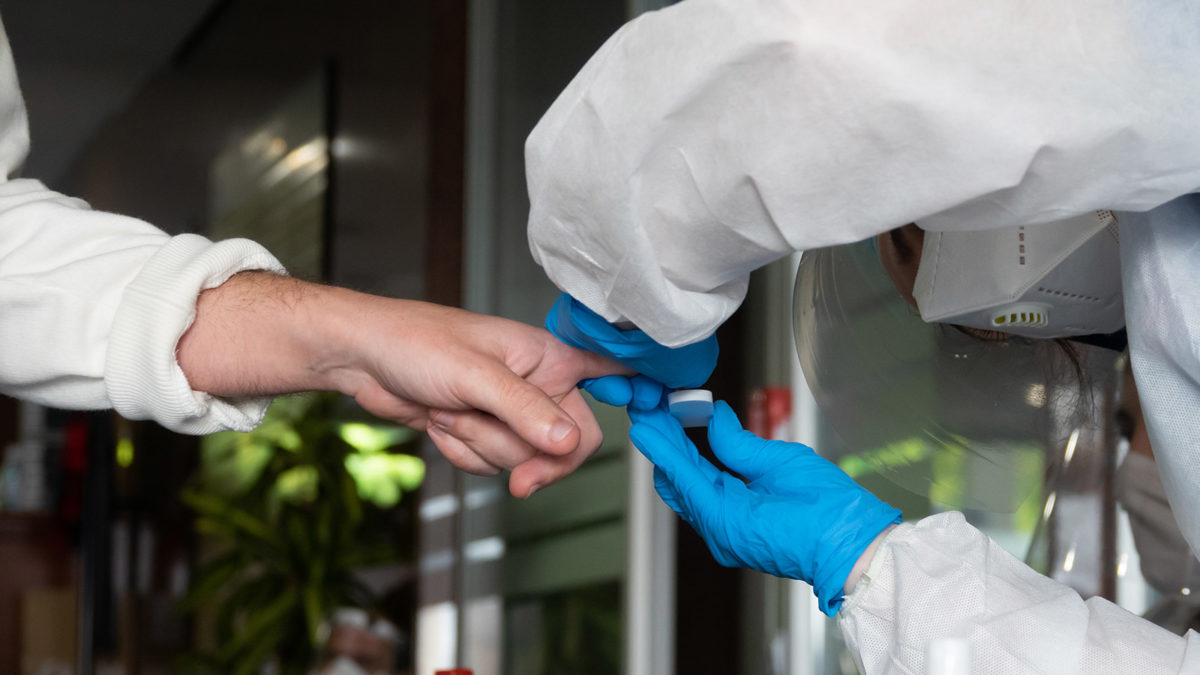Only 5% of people in Spain have developed coronavirus antibodies so far, according to preliminary results of an epidemiological study by the government, which were announced on Wednesday evening.
“These results are very far from us being able to say there is herd immunity. There could be a second wave of infections, we don’t know what is going to happen,” said Dr. Marina Pollán, Director of the National Epidemiology Center, during a press conference late Wednesday.
The study also revealed that 87% of all participants who have tested positive using the PCR (Polymerase Chain Reaction) for Covid-19 had developed antibodies.
The preliminary results of the study show the prevalence of antibodies is higher in people who said they had more than five symptoms of coronavirus (14.7%) than in people who said they had just three to five symptoms (8%). The study still has two more rounds of tests to conduct.
“Those people that reported a sudden loss of sense of smell, among them the prevalence [of antibodies] was 43%. Overall, of all positives we found in the study, 26% are people with no symptoms”, Pollán added.
Pollán also said the study detected a five times bigger presence of antibodies in the populations of the territories with the most coronavirus cases, such as in Spain’s capital Madrid, compared to areas with fewer cases. The data also shows the level of antibodies was very “similar in men and women” and among adults.
The study is based on 60,983 participants, who are a representative sample of the population. They are split into two groups across Spain for the search of antibodies.
Spain, one of the hardest-hit countries in the world by coronavirus, has been under a state of emergency since March 14. As infection rates have declined, the government is slowly lifting strict home confinement, in some parts of the country. It is looking to this study to help guide its future re-opening of activities and the economy, officials have said.


